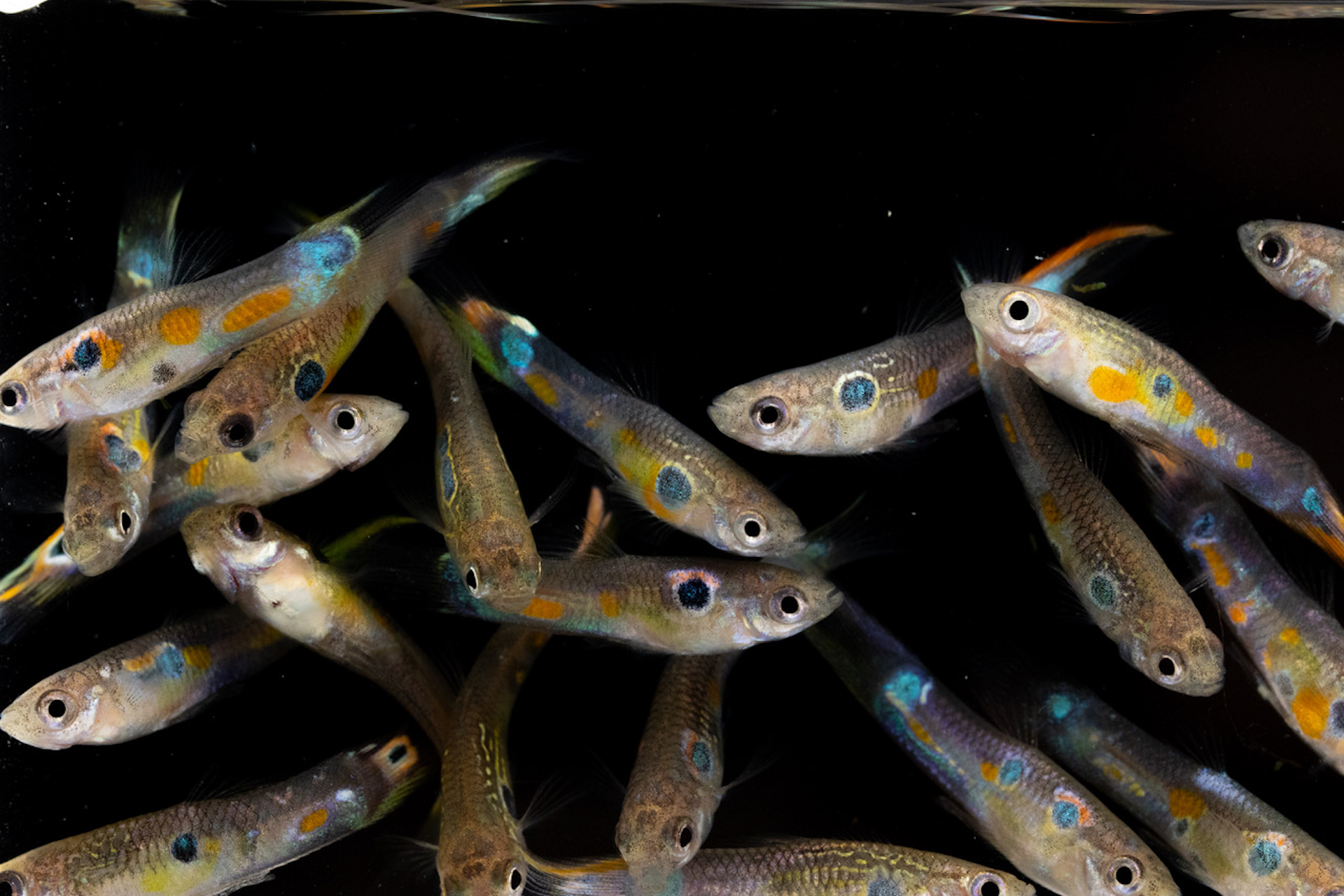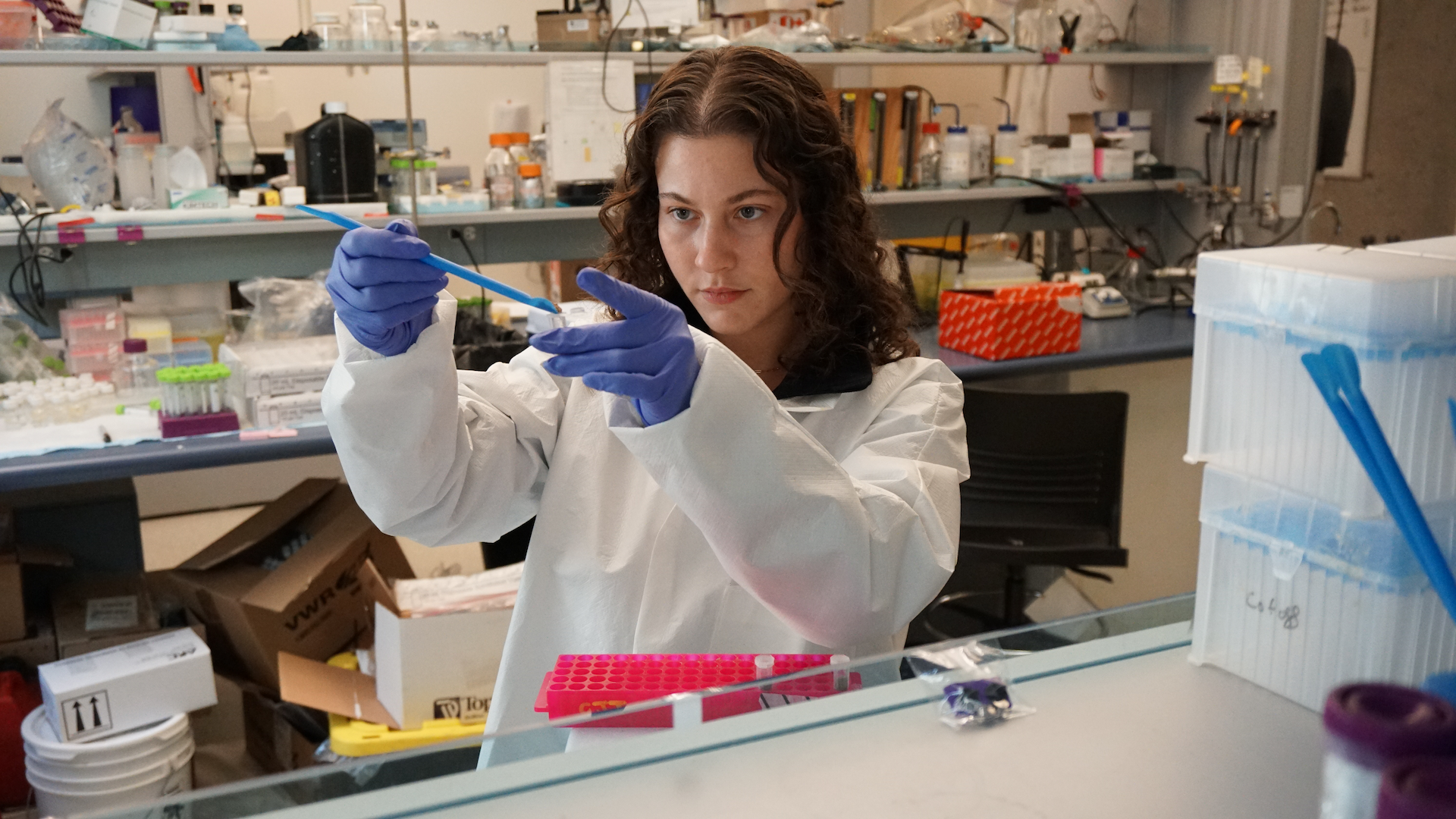Animal Research
-
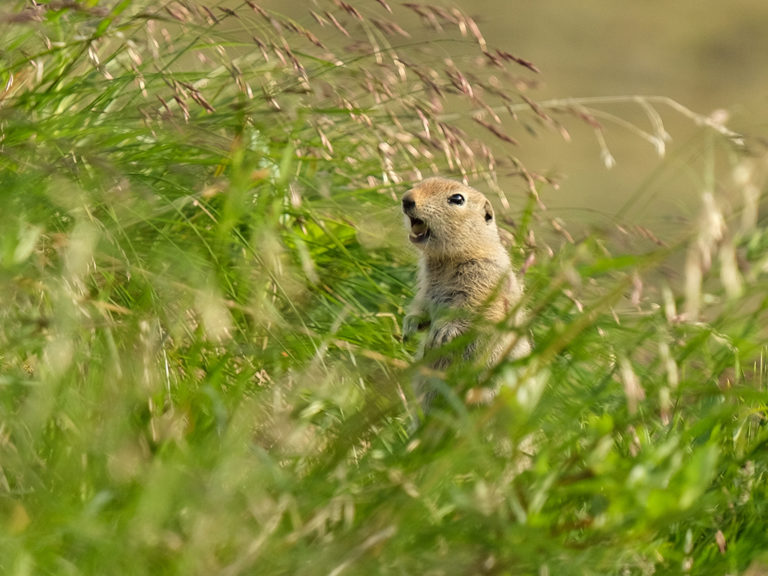
Mega experiment shows species interact more towards tropics and lowlands
One of the largest field experiments ever conducted is providing the best evidence yet in support of a key Darwinian theory—that interactions between species are stronger toward the tropics and at lower elevations.
-

Fish chemical cocktail reveals how a single gene may alter an aquatic ecosystem
Variations in a single gene in tiny stickleback fish alter how they interact with their environment and potentially trigger changes across an ecosystem, a new study from the University of British Columbia and the University of Pennsylvania finds.
-

UBC releases 2017 animal research statistics
The University of British Columbia’s summary of animals involved in research at the university in 2017 is now posted online here as part of UBC’s overall commitment to openness and transparency.
-
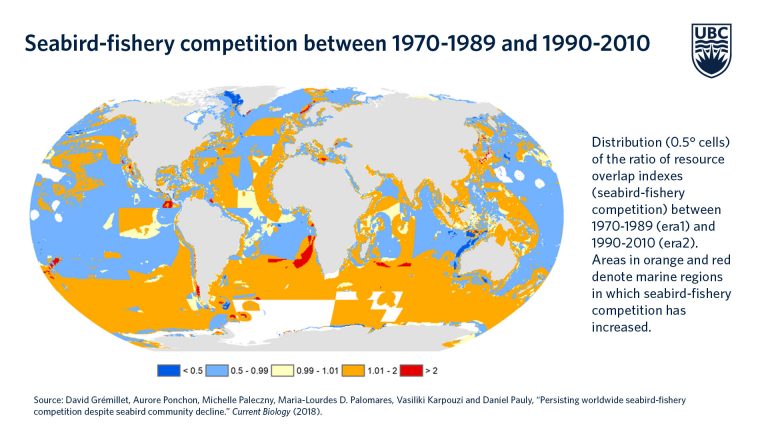
Industrial fisheries are starving seabirds all around the world
Industrial fisheries are starving seabirds like penguins and terns by competing for the same prey sources, new research from the French National Center for Scientific Research in Montpellier and the Sea Around Us initiative at the University of British Columbia has found.
-
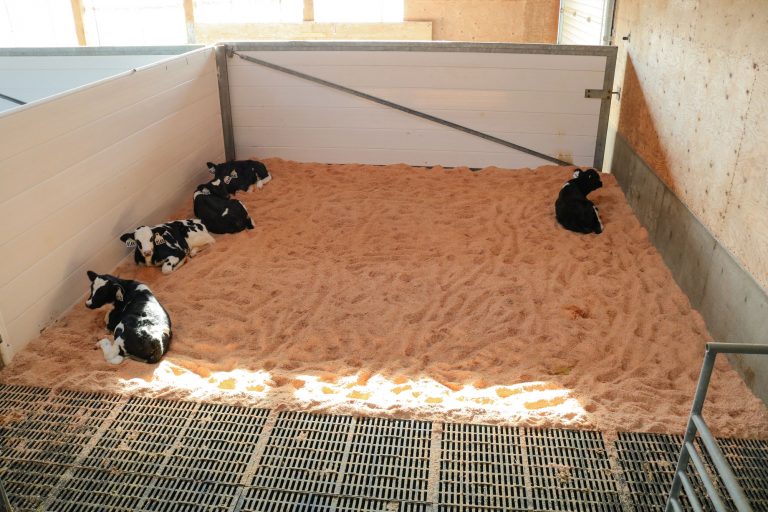
Dairy calves’ personalities predict their ability to cope with stress
A UBC study published earlier this year found that dairy calves have distinct personality traits from a very young age. Now researchers have followed up that study by examining those same calves at four months of age, to find out how their personality traits govern their reactions to real-world situations.
-
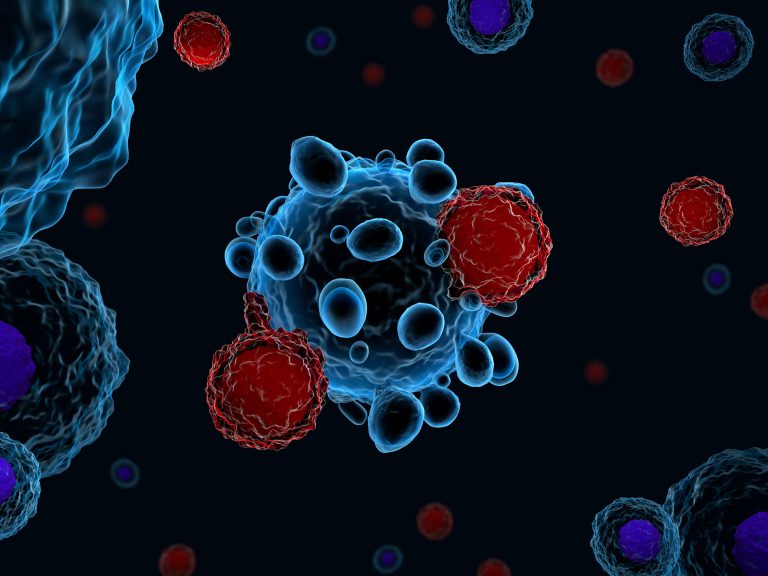
Novel discovery could lead to new cancer, autoimmune disease therapy
A new discovery by an international research team—co-led by UBC Canada 150 Research Chair Josef Penninger and Harvard Medical School Professor Clifford Woolf—could have implications for therapies for cancer and autoimmune diseases.
-

Casino lights and sounds encourage risky decision-making
The blinking lights and exciting jingles in casinos may encourage risky decision-making and potentially promote problem gambling behaviour, suggests new research from the University of British Columbia.
-

Previous motherhood could affect hormone therapy’s ability to prevent memory loss
Researchers have established that the foggy feeling and forgetfulness that many new mothers report during and after pregnancy—known as “mom brain”— is real.

